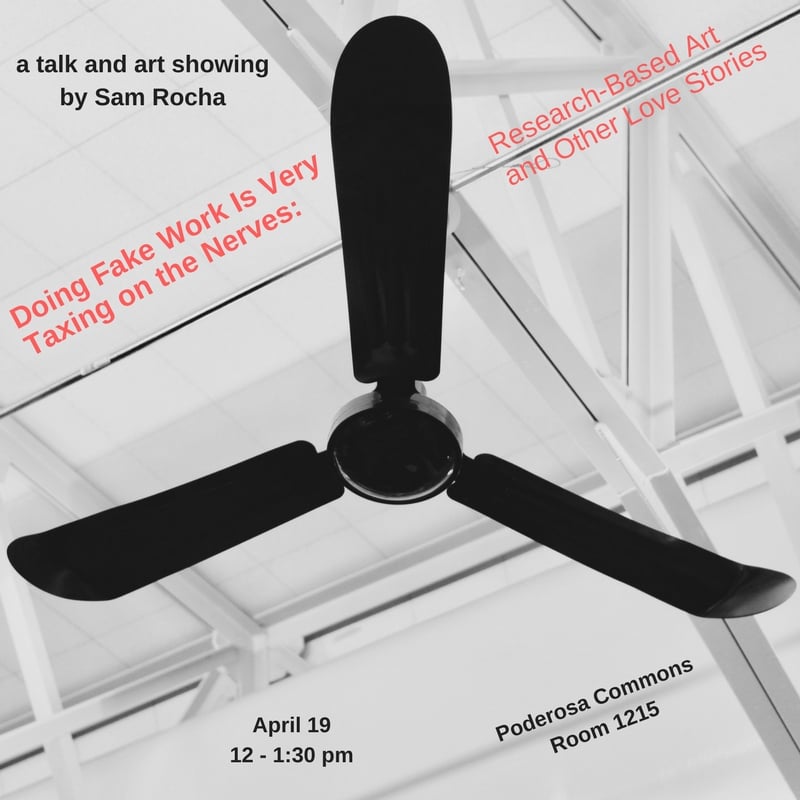There are three options: (1) participate, (2) participate critically, (3) refuse. This post aspires to be a refusal, but will inevitably become a critical participation.
There is an analogy to be made between the large scale cycle of popular news and the tiny scale Catholic blogosphere and various websites and social media. The relationship between the two is twofold: in one case directly, in the other indirect. For one, the news cycle drives a large portion of Catholic commentary, especially the one that specializes in reactionary regurgitation.The more indirect, but perhaps most alarming, comparison is both large scale news and tiny scale Catholic outlets predominantly produce the exact same content, with slight variations.
Was it last year that we were losing our heads to the dancing Bishops or the Pope’s latest interview or document? Who will write the next edgy, fresh, self-disclosing column on chastity or modesty or liturgy? How are the car crash reports and celebrity gossip any different than the regularity of aesthetically ironic posts about beauty and the arts and the now-quite-stale New Evangelization? What will be today’s dose of daily outrage? Outrage outrage, perhaps?
There is a difference between perennial and themes, that speak to the human condition, and the spectacle of news, memes, and drivel that we shovel out to each other over social media. But this should not be alarming for a variety of reasons that begin with the fact that it doesn’t really matter.
The noise surrounding the Synod will soon be replaced with the next thing. But the source of this is a peculiar and menacing fear that has gripped the tenor of the conversation, and seems to have seduced even those of us who hate it.
This is the genius of Matt Walsh, a Roman Catholic who operates a scavenging blog that feeds on the carcasses of the news cycle and any eligible idiot who can become a straw man. His approach is perversely effective. He often begins with correspondence he received from someone who insults his personally, he then endears himself through a veneer of deprecation, and then doubles down with line of reasoning so offensive to logic, that it forces those who defend him to take his claims in toto.
Walsh does not write as a Catholic, which is another a sign of his genius, he draws a much larger crowd by appealing to a broad conservative Judeo-Christian base. But in many ways his writing is emblematic of Catholic dialogue: it is mostly anecdotal, sentimental, reactionary, and written to be agreed or disagreed upon — this is not food for thought or study or contemplation.










